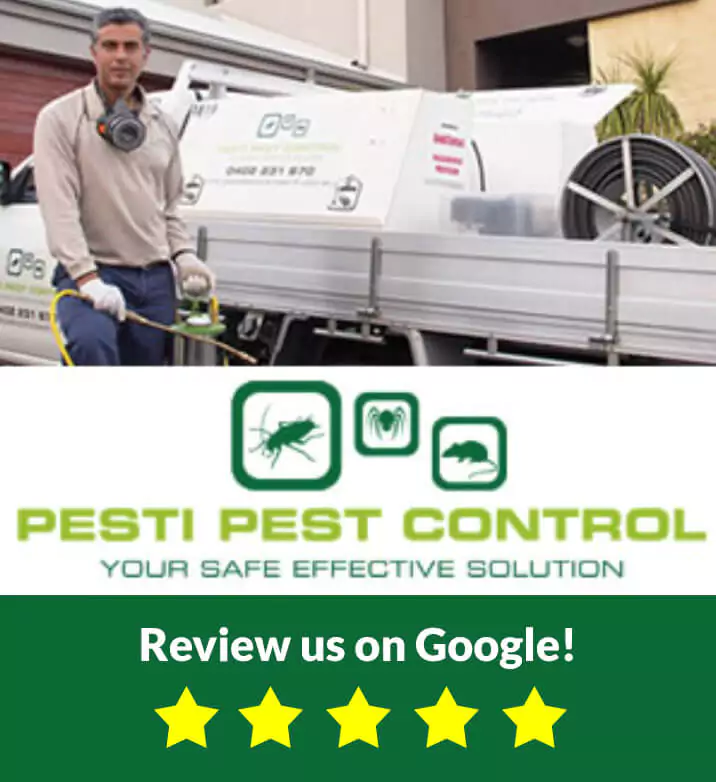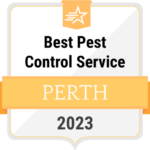
Name a pest and you could probably find an all-natural substance to keep it at bay. And yet, every year, hundreds of millions of pounds of pesticide and insecticide for plants and homes are used to kill these pesky destroyers. This endangers the health of the people in the area as well as the environment. That’s why now many people, with or without exterminator experience, turn green. But are organic methods and products all they’re cracked up to be? Here are the pros and cons of organic pest control and the products you should look for.
- It’s good for you.
Pesticides Literature Review Journal published a study linking chemicals in pesticides to chronic diseases like cancer, illnesses in the reproductive and nervous systems, neurological disorders, and even leukemia, and asthma, among others. Natural pesticides for plants and other organic pest treatments are biologically-based; so they won’t have adverse health effects. - It’s bad for pests (and their offspring, too!).
Pests develop an immunity against chemical pesticides so they lose their efficacy over time. They are much less likely to develop a resistance to organic pesticides so they and their babies will not be immune to it.
Going Organic: The Disadvantages
- It can cost more.
Anything organic seems to have a higher price tag attached to it. Based on an informal survey, organic sprays can cost 2 to 4 times as much as regular sprays. A 1.3-gallon bottle of termite spray can cost $25 while the organic version can cost upwards of $30 for a 1-gallon bottle. - It takes longer to work.
Chemical pest control are not only cheap; they’re also fast and effective. Organic pest products take a little more time and patience to work, often requiring multiple visits by pest control reps or multiple applications by you.
The Best Organic Pest Control Products
- Spinosad – for garden pests like bagworms, borers, beetles, loopers, spider mites, tent caterpillars
- Rotenone – for leaf-feeding aphids, beetles, caterpillars, and thrips
- Pyrethrin – for flying insects
- BT (bacillus thuringiensis) – for leaf-feeding caterpillars
- Neem Oil – for leaf-feeding aphids and caterpillars, fast-growing insects like potato beetles and bean beetles
- Diatomaceous Earth – for beetles, crickets, cutworms, flies, insects, ticks, slugs
- Sulfur – for psyllids, spider mites, and thrips
- Beneficial Insects – insects that attack pests include ground beetles, lacewings, lady beetles, ladybugs, praying mantis, etc.
- Trap Crops – decoy plants to attract pests and keep them away from crops you want to harvest
Homes and gardens have become battle grounds between homeowners and pests. Luckily, there are a lot of options to choose from to exterminate pests, or at least, keep them at bay. When choosing between organic vs. non-organic pest control options; know what results you want to achieve, don’t be afraid to ask questions, do your own research, and keep in mind that there’s no magic solution for any pest problem. Keep an open mind.




